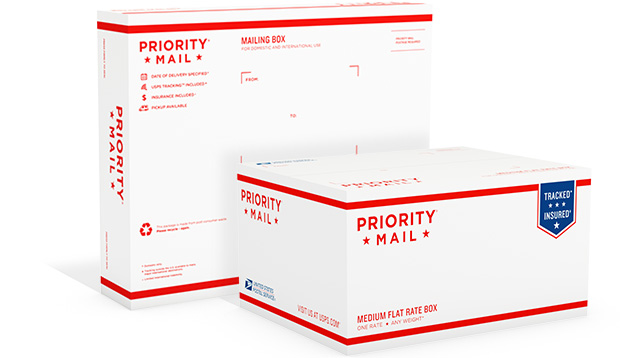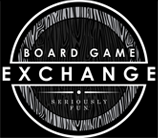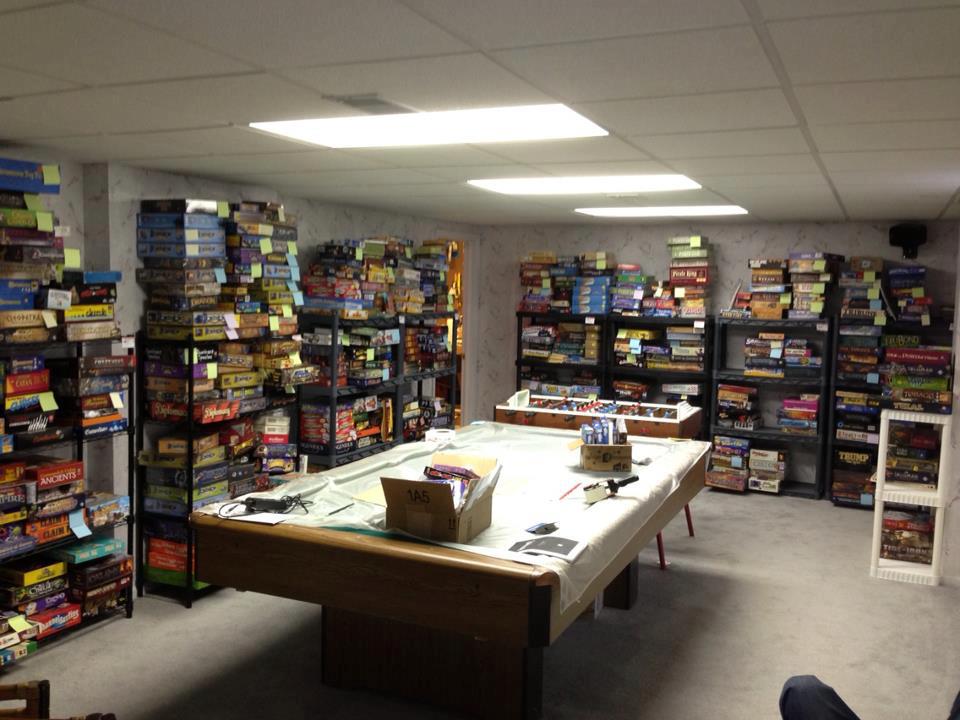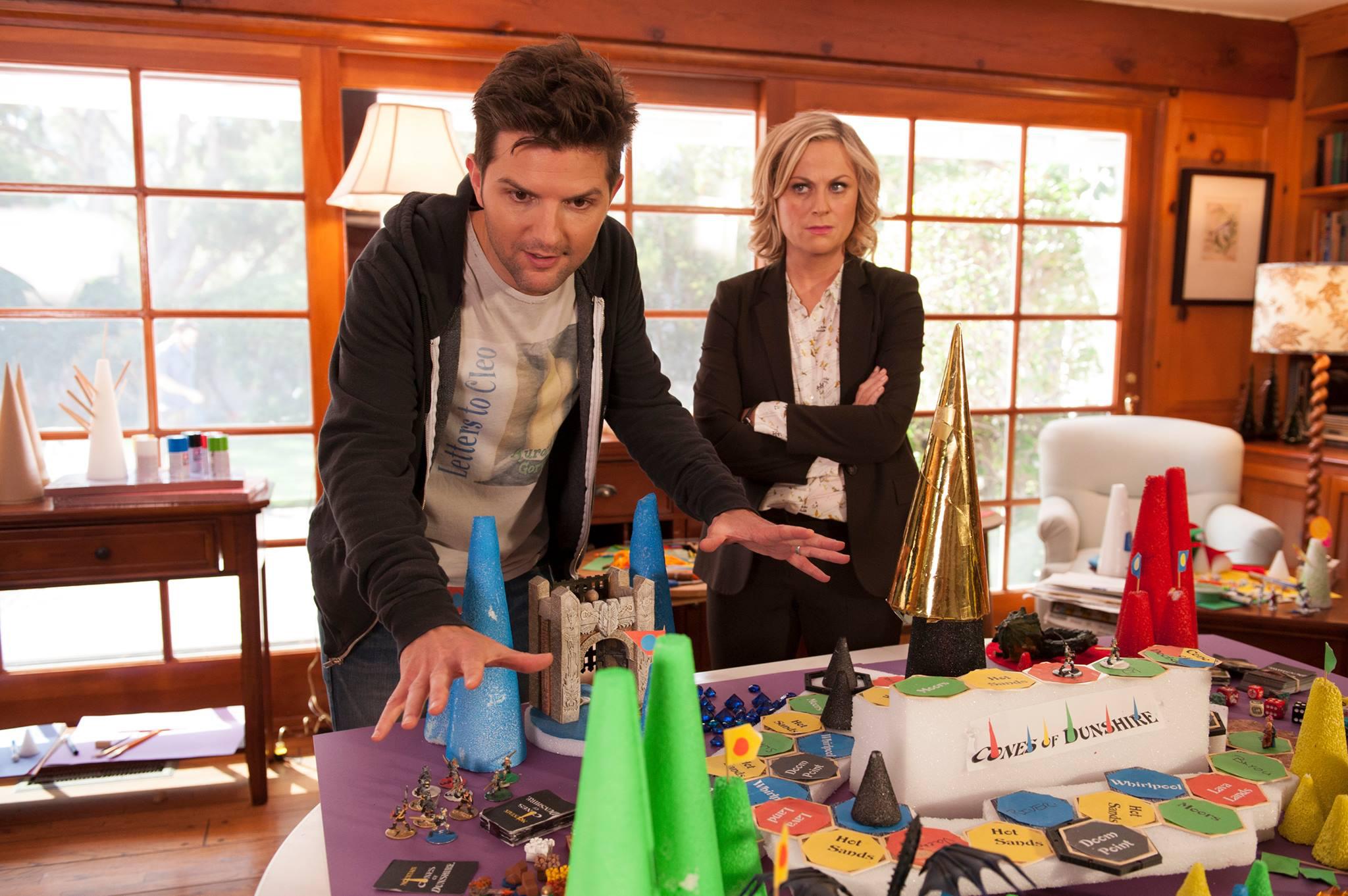Role Selection is an interview series in which we chat up folks who work, live, and play board games in a variety of ways to learn about the roles in the hobby they’ve chosen.
 Character Names: David Muta
Character Names: David MutaRole: Owner of board game rental site Board Game eXchange
Location: Indianapolis, Indiana
Quote: “We want people to play more games for a fraction of the price.”
Character Bio: You think you have a big game collection? David Muta has a big game collection.
His company, Board Game eXchange, owns about 1,200 games, with 600-700 unique titles. Based in Indianapolis, Ind., Muta – along with help from a cousin and uncle – has been in the board game rental business for the past four years. He’s got a few hundred subscribers who receive regular shipments of board games from their queue, similar to the way Netflix ran their DVD subscription service. Muta adds that events where people might want to play board games – corporate team-building exercises, weddings, and even a brewery – have become an important part of his rental business, too.
Muta got into board gaming when a friend talked him into buying Ticket to Ride. He remembers the sticker shock – games shouldn’t be that expensive, right? – but he bought it anyway and ended up loving it. Still, as he got into the hobby, Muta worried he was going to go bankrupt buying all these new games. And so the inspiration to create a board game rental service was born.
Board Game eXchange doesn’t have any full-time employees, and Muta said that what money they make gets plowed back into the company. It’s more about putting games on players’ tables, as Muta lays out in their mission statement: “We want people to play more games for a fraction of the price.”
I asked Muta about the popular games, the ones people rent over and over.
The Interview:
David Muta: Ticket to Ride is still unbelievably popular. Small World – I can’t have enough copies of that. Dominion’s being ordered all the time. Twilight Struggle is extremely popular. I have 15 copies of 7 Wonders, and I think they’re all out. Of our 600-700 unique games, I bet there’s 50 or 60 of those that might fall into that category where you just can’t have enough copies. Any time one comes in, it goes right back out.
Matt Golec: You mentioned that rising shipping costs are a problem. I’ve noticed that just shipping Christmas gifts. Talk to me about some of the other challenges in doing your business. Do people lose pieces? Do games come back a little battered?
DM: The challenges we’ve run into in the last four years (and we’ve started to get pretty sharp at this), is one – customer’s credit cards will expire, and then we have to email them and say, ‘hey guys, your card is expired.’
The other challenge we face when we ship games to customers is indeed missing or damaged pieces. For the most part we’ve found that board gamers treat them very well. Less than five percent of the inventory we ship out comes back as what we’d consider unplayable condition.
We do a good job of cataloging and organizing. We weigh the games when they go out and when they come back in. Every once in a while you’ll have a couple missing pieces. We address that with the manufacturer, and we address that with the customer, usually pretty quick. But for the most part, it’s been a lot less painful than people would think for the missing pieces.
MG: Let me take a step back and ask how the whole service works. It seems like it’s a lot like Netflix. I make a list of the games I want, in an ordered list, and you send them out in a clever way: you remove the boxes and put the components in bags. That must save a lot of weight and shipping size.
DM: We started shipping the boxes in the beginning, and it was unbelievably not cost-effective. As we grew, we learned to repackage them. You’d be shocked what we can fit in a medium flat-rate [USPS] box. Take a game like Agricola. If you ship it with the box, it can take up a whole medium flat-rate box itself. But I can fit that and Dominion in a medium flat-rate box the way we repackage them. That’s critical to our success in this business.
The biggest cost to us is the actual cost of shipping. As shipping costs continue to rise, we have to keep finding creative ways to keep prices down, to keep customers coming to our business.
We’re working on larger subscriptions. It’s a lot more cost-effective for us to ship bigger, heavier packages fewer times, so we’ve experimented with three-month subscriptions and four-month subscriptions for users. For $25, we could ship you six games, and you’d keep them for four months.
MG: Sounds like the fewer times you ship, the better off for everybody.

How many games could you squeeze in?
DM: Exactly! I can get more board games on your table for a longer duration for the same price and make a higher profit margin to purchase more board games if I ship less times.
Our current $26.99 package is the most popular package, and that’s four games for every two months. So we’re looking at an option of eight games every four months, or even 12 games for six months…We could probably charge less than we are now moving to something like that and customers would have way more inventory to play for the six months that it’s there.
The Upside Of Renting
MG: That makes a lot of sense. Tell me about the argument between owning and renting. I know a lot of board gamers are collectors; they want to own those things. But it sounds like you have a number of people who are comfortable with renting. What’s your sales pitch for people who might be deciding whether they want to own a game versus rent it?
DM: There’s 87,000 games on BoardGameGeek right now. If somebody wants to own all 87,000 board games…I’m not trying to target them. We’re trying to target people more like myself when I first started playing. They like the idea of trying these eclectic games, they don’t really want to drop $400 on board games this year, and they want to experiment with some of the hot titles.
So if you’re going to be one of those collectors who collect new, sealed board games, and try to grow your collection and fill up your basement with nice board games, that’s not really the customer base we’re trying to attract. We’re looking for guys that don’t want to drop $69.99 on a copy of Agricola but would rather try it for $16 – with another game! And if they like it, they can go back and buy it.
MG: You’re branching out a bit into more corporate and other events. Can you give me an example of one that’s worked really well and made you think, ‘hey, this a place we want to go’?
DM: We did an event for a university in Denver, Colorado where they did a seven-day ski trip in the mountains. The guys going skiing were also some of the coders in the group, and they thought it would be great to have board games for the evening when sitting around the fire. They called me up and said, ‘What would it take to get 20 board games shipped to Denver for this event?’ It ended up being a great subscription, and I’ll be working with them in the future to land a couple more as well.
Another great example is a tech company out in San Jose that was using them for a happy hour…They were using Board Game eXchange as entertainment once every two weeks.
We also did a wedding two years ago. They liked the idea of having board games for the kids and the younger family members. As we’ve gotten a lot more of these requests…we’ve started exploring the idea of marking toward them.
I feel like board games provide a lot of value…It’s great for people to sit down and interact with each other, but they’re also using their minds and making decisions and doing things they might not have otherwise been doing if they were just at a happy hour or going to watch a concert. Some games that I have, like Wits and Wagers, you can have 20 people play at once. So you have 20 people standing around a table, screaming and yelling and having fun, and they’re having to think analytically…There’s a lot of neat ways we can go with this service at a corporate level.
MG: I really like how you’re making that balance. It’s not all regular board gamers, and it’s not all corporate – you’ve got both. I think that will make you more sustainable as a business.
DM: That’s what we’re trying to do, because we want to be around for quite some time. I feel like what we do is very good for the gaming public. That’s the reason we started in the first place, and we don’t want to get away from that mantra. We want to make sure that using Board Game eXchange, more people are hanging out with each other and playing more games than they’d otherwise be able to play without it.
 What’s next for Board Game eXchange? Muta says he’s in talks with another organization that could give them a logistical boost while tripling their inventory, but it’s nothing he can reveal just yet.
What’s next for Board Game eXchange? Muta says he’s in talks with another organization that could give them a logistical boost while tripling their inventory, but it’s nothing he can reveal just yet.
In the meantime, subscribers might find a little something extra in their subscription package. Board Game eXchange works with publishers who want to promote their titles by sending out ‘bonus games’ to their subscribers.
But of course, it’s all got to fit inside a flat-rate box.
For more information about Board Game eXchange and what their services are in greater detail, visit their webpage.
Matt Golec is game designer with a background in print journalism. Combining these skills, he aims to explore and give voice to the many different jobs within the hobby industry that don’t frequently get reported on. He can be best reached via Twitter.
You can discuss this article and more on our social media!
Photo Credits: Multiple Photos from the Board Game eXchange site and their Facebook page; Parks & Recreation by NBC.


